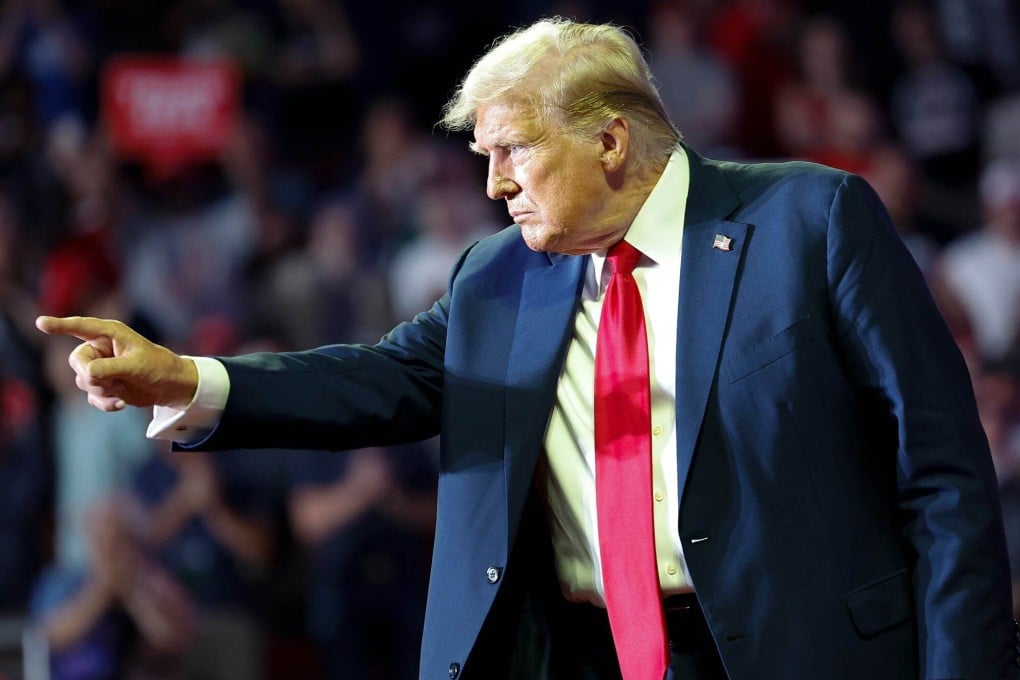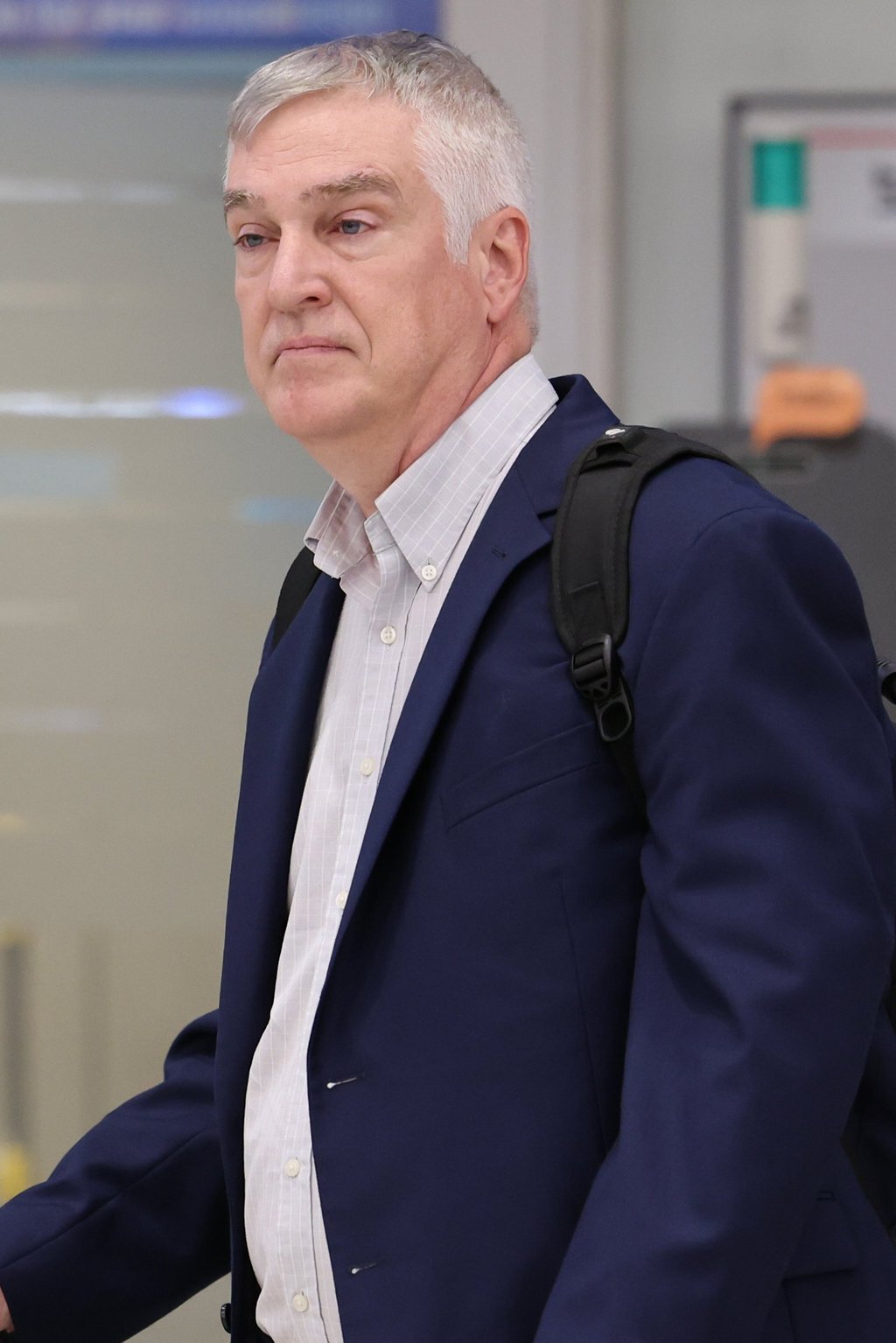Advertisement
Why South Korea fears a Trump second term – even with his proxy’s assurances
- Ex-Trump security chief Fred Fleitz insists Seoul has nothing to fear. President Yoon says he isn’t worried. But analysts beg to differ
Reading Time:3 minutes
Why you can trust SCMP

South Korea is bracing for a diplomatic dilemma should Donald Trump reclaim the White House in November, as analysts warn that a second Trump presidency could upend Seoul’s global alliances and security commitments.
Advertisement
Seoul is particularly concerned that Trump may leverage North Korea’s escalating nuclear threats to pressure South Korea into shouldering greater costs for the 28,500 US troops stationed on the peninsula and joint military drills – a demand that could severely test the resilience of the critical US-South Korea alliance.
Despite these looming concerns, President Yoon Suk-yeol has expressed confidence that ties would “stay strong going forward” even under a renewed Trump administration.
Fred Fleitz, a former top Trump security official, arrived in Seoul this week in an apparent bid to assuage Korean fears, denying in local media interviews that Trump had threatened to withdraw US troops unless Seoul paid billions of dollars more.
“I believe that President Trump is a friend of South Korea. Trump is a deal-maker. But … this is an issue that has to be negotiated,” Fleitz said during an interview with Channel-A TV in Seoul on Tuesday.

He rejected suggestions that South Korea should pursue its own indigenous nuclear weapons to counter growing North Korean threats and closer Moscow-Pyongyang ties. “I think reassuring Japan, South Korea of the US nuclear umbrella is crucial, and I believe that Mr Trump will do that.”

Advertisement